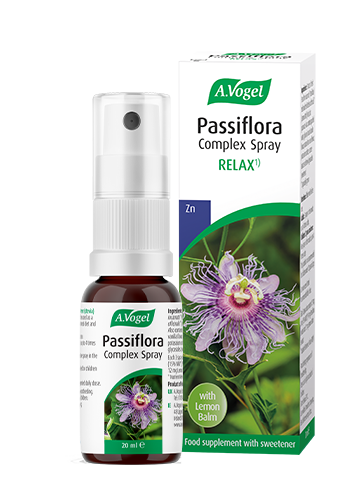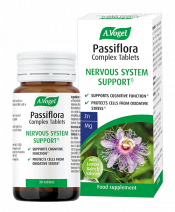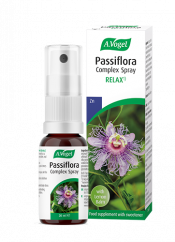5 ways to cope with stress
If stress has been taking over recently, you might have finally decided it's time to do something about it. Today we run through some tactics to help counter excess stress including:
- Make lists
- Eat well
- Create some 'you time'
- Move more
- Try some herbs
Throughout this blog we go into these themes in more detail, explaining how they can be helpful and how you can start putting them in place.
1. Make lists
Making lists is a little controversial as we don't want to risk putting too much pressure on ourselves. However, for me, organisation is key and as long as you go about it the right way, making and sticking to lists can definitely have a positive impact on your mood and stress levels.
I like to have a list of to do's and/or goals handy that I can refer to regularly. A good tip is to break them down into current and future goals, so you don't feel overwhelmed trying to work through everything at once.
Also, it's a good idea to attach dates to your goals, as otherwise, we can get into the habit of putting them off - I know I can definitely be guilty of that! But, remember, don't put too much pressure on yourself by setting too many at once; so even one or two small to-do's per day, and a bigger to-do for the week ahead, say, can be a realistic start. Then, as you complete them, tick them off, scrub them out, enjoy that sense of accomplishment, and set your sights on the next one.
Another tip of mine when it comes to lists is to keep a notepad and pen by your bed. This can really help you to dispel any unwanted stress or worries when they definitely aren't welcome – at night time! This means you can work on actively emptying your mind and getting into a more relaxed mindset in order to help facilitate better sleep.
Watch my self-care tip on this technique below for a little more information:
My Self-Care Tip: Keep a notepad and pen by your bed at night
In my latest self-care video, I explain how keeping a notepad and pen by your bed at night can help you empty your mind, relax and ultimately drift off to sleep.:
2. Eat well
As a nutritionist I often refer back to food, however, it's certainly justified and, especially if you're experiencing any unwanted symptoms such as excess stress, it's important to consider what you're eating on a daily basis and how this might be affecting you.
As well as the good range of nutrients you need to include to support healthy cognitive processes, including a colourful selection of fruit and veg, healthy fats including a good proportion of omega-3 and good quality vitamin-B rich whole grains, for me, when it comes to stress, drinks are also a major consideration.
Caffeine, for one, is a major trigger for our in-built stress responses. Caffeine stimulates the adrenal glands to release hormones such as adrenaline which can instantly make us feel jittery and anxious. So, for me, this is one area to definitely work on improving. Aim to swap in some more caffeine-free alternatives or, at the very least, limit caffeine to late morning only and you will really feel the difference.
Some other drink-related tips are to limit sugary options which will create peaks and troughs in your blood sugar levels (and ultimately your mood/stress response too), and keep properly hydrated with water to help you keep feeling at your best.
3. Create some ‘you time’
It's quite common for the stresses of modern life to take their toll at some stage, so you definitely aren't alone there, however, it's often how you deal with this which will influence the outcome.
Regardless of what's happening at home or at work, for example, it's important that you take some time out to relax and rejuvenate. This could be something as simple as going for a walk in the fresh air for 10 minutes, reading a chapter of a good book, plugging some music in and having a dance or, a popular choice, relaxing down for a warm, soothing bubble bath – bliss!
4. Move more
Whilst relaxing downtime is important in promoting some calm, moving more is also a useful tactic to help you de-stress and ultimately support your mental health.
Doing regular, gentle exercise (nothing too extreme) helps release endorphins which are our feel-good hormones – literally! Also, whether it's the physical expenditure, the mental benefits or both – research has shown that taking part in regular exercise during the day helps support better sleep by the time you retire to bed.1
See, sleep and stress have a very close relationship. The better you sleep, the more equipped you'll be to better handle stress. So, anything you can do to help support better sleep will be of benefit.
5. Try some herbs
Once you've firstly tried many of the other diet and lifestyle tips mentioned throughout this blog, the addition of a herbal remedy may then be useful.
The herb Valerian, for example, such as the fresh extracts found in our Stress Relief Daytime drops has traditionally been used to help calm the system and help manage the symptoms of mild stress and anxiety, as has the herb Passiflora.
Herbs such as passiflora are also lovely options and have too, been used traditionally for generations in order to help support the nervous system and promote feelings of calm.










